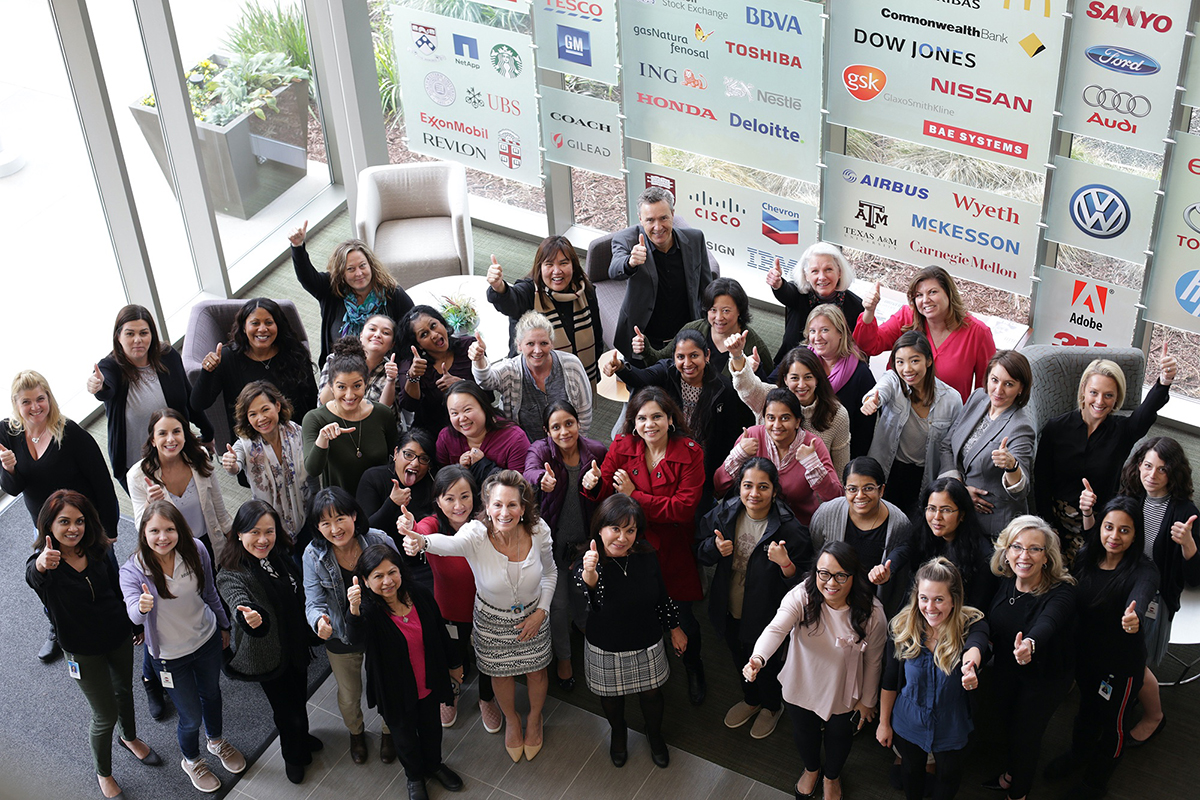Companies increasingly rely on multidisciplined, diverse teams and statistics show that hiring women leaders is good business. Companies with a high representation of women in executive-level positions perform better financially and are highly productive with engaged employees. Women have held the role of wife, mother, grandmother, daughter and keeper of traditions, values, and legacy. They spend years running households where they develop special instincts and emotional intelligence. These characteristics result in the innate ability to manage crisis and change, to listen without judgment, and to create supportive environments, even in a crisis. Yet when needed, to gracefully shift to the role of decision-maker with a soft edge and steady direction. Women see the complexities of a work environment from a different lens, offering new perspectives that enable teams to grow and prosper while offering diverse thinking for complex business decisions. This inclusive leadership style tends to foster a highly respectful culture where employees feel valued, confident, and inspired. The “soft skills” of empathy, communication and listening are qualities that serve women well, but ironically have also historically been used as an excuse to why women are not fit to lead.

Unfortunately, a bias toward women leaders still exists. Women still make up the majority of the workforce in the United States yet hold far less senior management positions and significantly fewer board positions. This bias is diminishing over time, primarily due to the impressive track record of women leaders holding highly visible leadership roles. These women know a strong leader doesn’t stand alone making all the tough choices but acts as a “servant leader” who gathers all points of view to collaboratively arrive at the best course of action. These are the women who have demonstrated courage, conviction and a relentless pursuit for fairness and respect. These are the women who are paving the way and creating opportunities for our daughters and granddaughters to also pursue their career ambitions. Those of us who hold senior leadership roles, especially in high-tech where there is low female representation, have a unique responsibility to support women and diversity in the workplace. We can open doors simply by offering mentoring opportunities and sharing our network. We’re on the right trajectory to elevate women in leadership. Together, we can use our combined intuition to create the cultures where all employees feel valued and heard, setting other women up for success in leadership roles.





